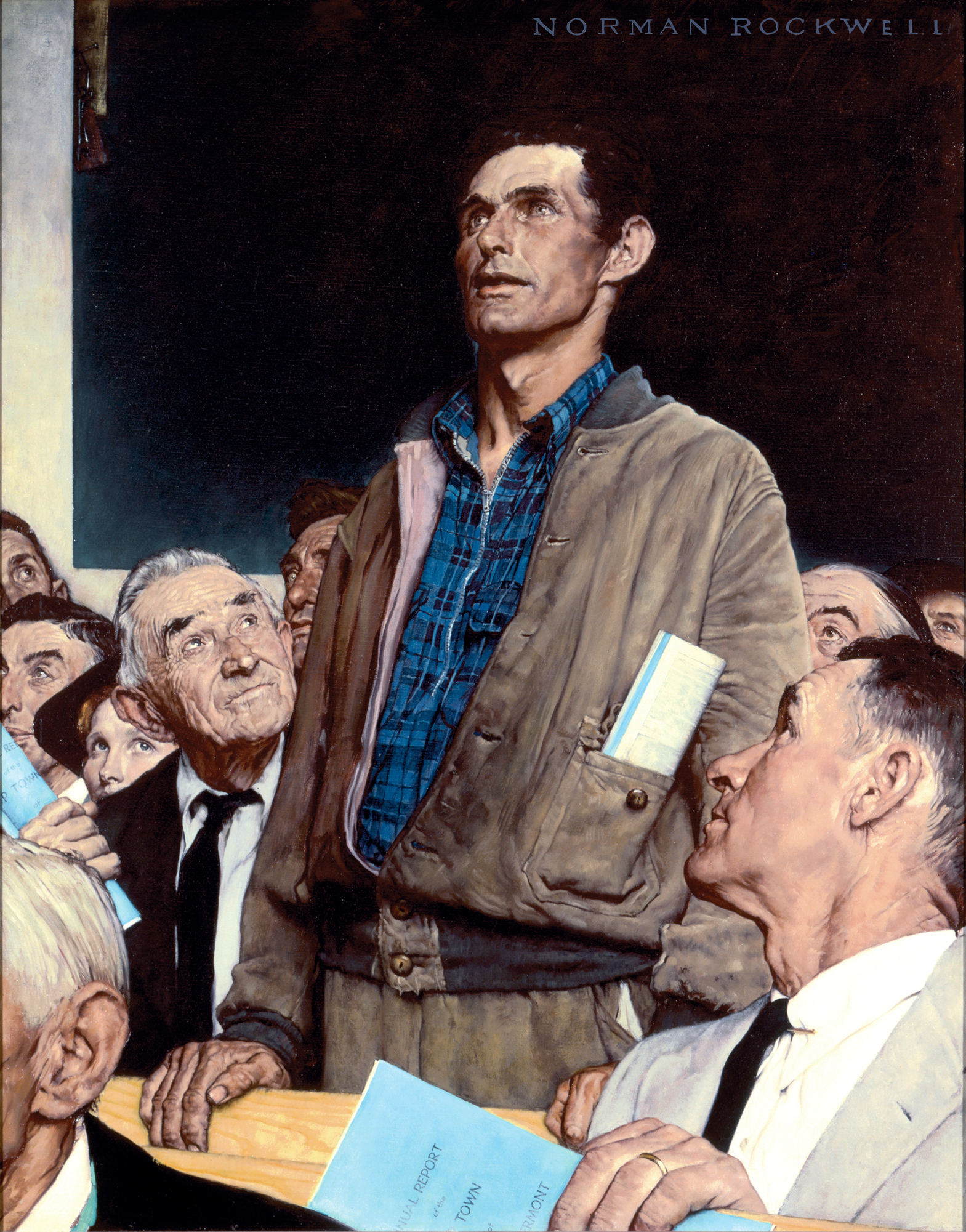Conventions are a check on legislatures, so legislatures have always opposed them. But with the growth of career-oriented as opposed to citizen legislators, incumbent opposition has intensified.
Iowa’s Constitution mandates a decennial statewide referendum granting the people the right to call a state constitutional convention. The next such referendum is on Nov. 3. Efforts should begin now to ensure Iowans make an informed decision.
Iowa’s Bill of Rights states the people have the inherent right to amend their constitution. To implement that right, Iowa’s Constitution provides two mechanisms: one allows the Legislature to propose amendments; the other, the decennial referendum, allows the people to bypass the Legislature’s gatekeeping power over constitutional amendment. As Delegate James Traer explained at Iowa’s 1857 constitutional convention: “The people should have the right of amending or altering the constitution, and as there may be a case in which they cannot obtain the desired legislative enactments, … there should be left in the constitution a provision giving them that right.”
Iowa’s 1857 Constitution implemented that right by granting the people three votes: 1) to call a convention, 2) to elect delegates to the convention, and 3) to vote on convention proposed amendments.
Nineteen states allow the people to bypass a legislature’s gatekeeping power over constitutional amendment via the popular constitutional initiative. Fourteen states, like Iowa, allow them to do so via the periodic constitutional convention referendum.
American states have convened 236 state constitutional conventions since 1776, including three in Iowa. The state convention is an American invention and widely considered one of America’s greatest contributions to the development of democracy worldwide.
But conventions have fallen on hard times, increasingly viewed as a “Pandora’s Box” by both incumbent legislators and powerful special interest groups.
Conventions function as a check on legislatures, so legislatures have always tended to oppose them. But with the growth of career-oriented as opposed to citizen legislators, incumbent-legislator opposition has intensified.
Meanwhile, as government has grown and spawned powerful interest groups cozy with legislators, including big business and big labor, special interest group opposition has also increased.
To these forces has been added the pathologies of coalition politics. To be effective politically, one needs powerful allies like incumbent legislators, big business, and big labor. If calling a convention isn’t your top priority — and it never is — smart politics dictates engaging in mutual backscratching to win support for that priority.
As Iowa political scientist John Schmidhauser explained in his study of 1960 Iowa convention politics, the municipalities failed to support a convention they wanted because they were “dependent on the good wishes and cooperation of the state legislatures for their survival.”
Nowadays, the resources held in reserve to oppose a convention are so overwhelming that convention proponents proposing popular reforms the Legislature won’t pass rarely even bother to make their case. Why pick a fight one cannot win?
Nevertheless, polls indicate dissatisfaction with state government. The trick among convention opponents has been to argue that a convention would make the problem worse, not better; that the golden age of state constitutional conventions has ended. Iowa needs to have a thoughtful debate on whether that’s the case or merely a self-serving argument.

J.H. Snider, a former fellow at Harvard University’s Edmond J. Safra Center for Ethics, is the editor of The Iowa State Constitutional Convention Clearinghouse and author of Does the World Really Belong to the Living? The Decline of the Constitutional Convention in New York and Other US States, 1776–2015.
Source: Snider, J.H., Regular Iowans can change things by voting for a constitutional convention on Nov. 3, Des Moines Register, August 16, 2020. Available here in the e-edition.

